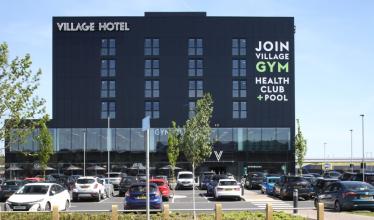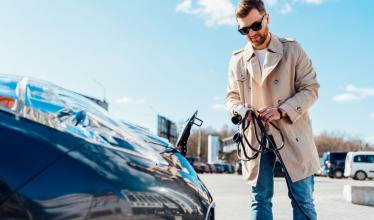On the sidelines of the COP21 climate summit, a prototype Renault Traffic is being displayed. This model has an electric drivetrain and is fitted with batteries that have come to the end of their initial automotive life.
In any of Renault’s electric vehicle (EV) line-up, should the batteries drop below around 75 per cent of their initial capacity, they are removed and replaced with new cells. A company called Carwatt has teamed up with the French manufacturer to help recycled those batteries that have been removed.
Renault has already suppiled a large number of EVs, alongside partner company Nissan, as a shuttle service for delegates throughout the COP21 talks. The prototype Traffic shoes that it’s not just concerned with the batteries’ initial life though.
Carwatt is converting the batteries to convert used commercial vehicles into EVs, giving a second life to both vehicle and battery. The company is also looking at power storage applications for the batteries that are still perfectly usable, though just with a smaller capacity than before.
Carwatt, Renault, and Paris City Council are looking at ways of reducing the number of diesel powered ommercial vehicles on the roads – with 94 per cent of all commercial vehicles in France diesel-powered. The plans are to experiment with a number of EVs to help reduce urban pollution levels that, in Paris at least, have become dangerously high.



